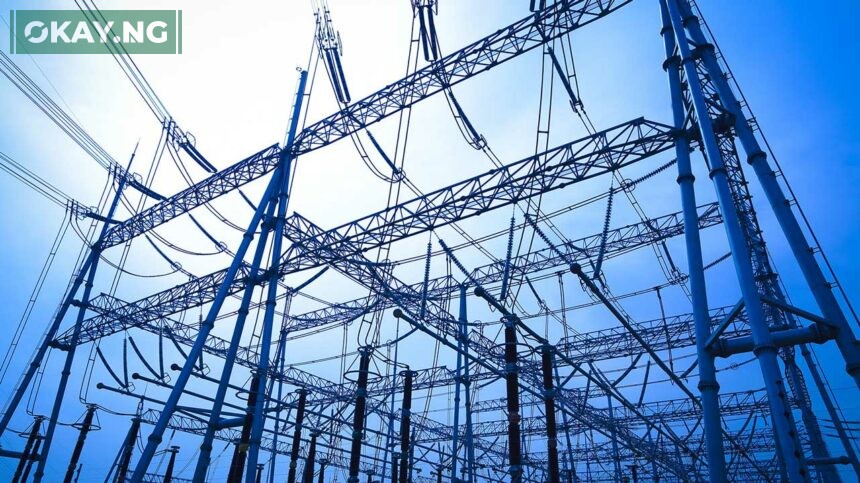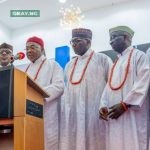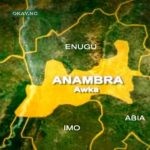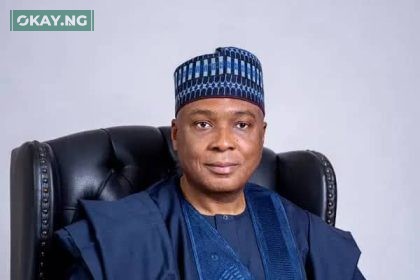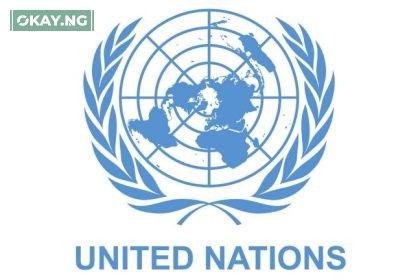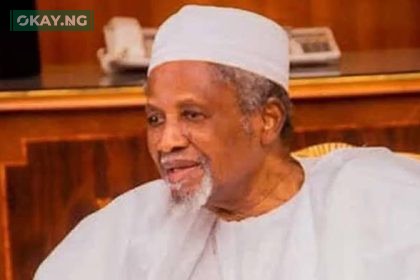Nigeria’s power sector is grappling with a significant financial burden as neighboring West African countries accumulate substantial unpaid electricity debts, amounting to $35 million (N55 billion) in 2024 alone, according to data from the Nigerian Electricity Regulatory Commission (NERC). This growing debt pile threatens the already fragile financial stability of Nigeria’s cash-strapped energy sector.
Detailed NERC figures reveal that Togo leads the debt list with $15.61 million, followed closely by Benin with $15.48 million, and Niger with $3.42 million. This financial strain stems from years of Nigeria supplying power to these nations under the West African Power Pool (WAPP) and bilateral agreements, aimed at fostering regional economic cooperation.
“Many GenCos sell power to these countries because our transmission infrastructure can only handle an average of 4,000 to 5,000 megawatts. On the face of it, it makes commercial sense but the pile of unpaid debt has thrown a spanner in the works,” stated Chinenye Ajayi, team lead of the Power and Infrastructure Practice at Olaniwun Ajayi LP.
The impact of these unpaid debts is far-reaching, jeopardizing the financial health of local power generators and gas suppliers. These companies rely on consistent payments to cover operational costs, invest in critical infrastructure, and meet their own financial obligations. The resulting cash flow squeeze is forcing them to struggle with procuring spare parts, maintaining facilities, and paying staff.
An analysis of NERC data shows that for the fourth quarter of 2024, international bilateral customers paid only $5.21 million of the $14.05 million invoiced, representing a remittance rate of just 37.08%. While Mainstream-NIGELEC fully settled its $2.60 million obligation, others like Odukpani-CEET still owe significant amounts, such as $2.37 million.
Read Also: Nigeria’s Power Grid on Edge: Financial Strain Threatens Blackouts
“Some argue that exporting electricity brings in foreign exchange; the lack of assurance in payment raises concerns,” Ajayi added. “It’s one thing to sell power for forex; it’s another to ensure payments are made. There should be mechanisms in place, such as bank guarantees, letters of credit, or even sovereign guarantees, to secure these transactions.”
Tunde Akinbobola, an energy analyst at a Tier 1 bank, emphasized the need for a review of existing contracts. “It might be useful to review the contracts between Nigeria and these countries and understand why such a huge amount is being owed with little enforcement. The sector is already facing liquidity issues, making it unattractive to investors, and this worsens the situation.”
Delayed payments are also hindering Nigeria’s ability to upgrade its aging power infrastructure. The country’s energy sector is already burdened with inadequate transmission and distribution networks, exacerbating the domestic supply gap.
“The funds that are owed by neighboring countries could be crucial for financing these critical investments, which are essential for improving the reliability and efficiency of Nigeria’s energy supply, both domestically and regionally,” explained Chinedu Uzordike, an energy analyst at Sofidam Capital.
The financial strain may compel Nigerian companies to scale back or suspend electricity exports to manage their cash flows, further impacting regional energy cooperation.
“These agreements should include clear payment terms, robust enforcement mechanisms, and penalties for non-compliance,” Uzordike said, highlighting the necessity for more robust and enforceable payment agreements.
A senior NERC executive, speaking anonymously, suggested that diplomatic intervention is crucial. “Bilateral discussions and regional forums like the Economic Community of West African States (ECOWAS) can provide platforms for finding amicable solutions and ensuring that payment obligations are met.”
This mounting electricity debt poses a significant challenge to Nigeria’s power sector, demanding urgent attention to ensure sustainable regional energy cooperation and domestic stability.


